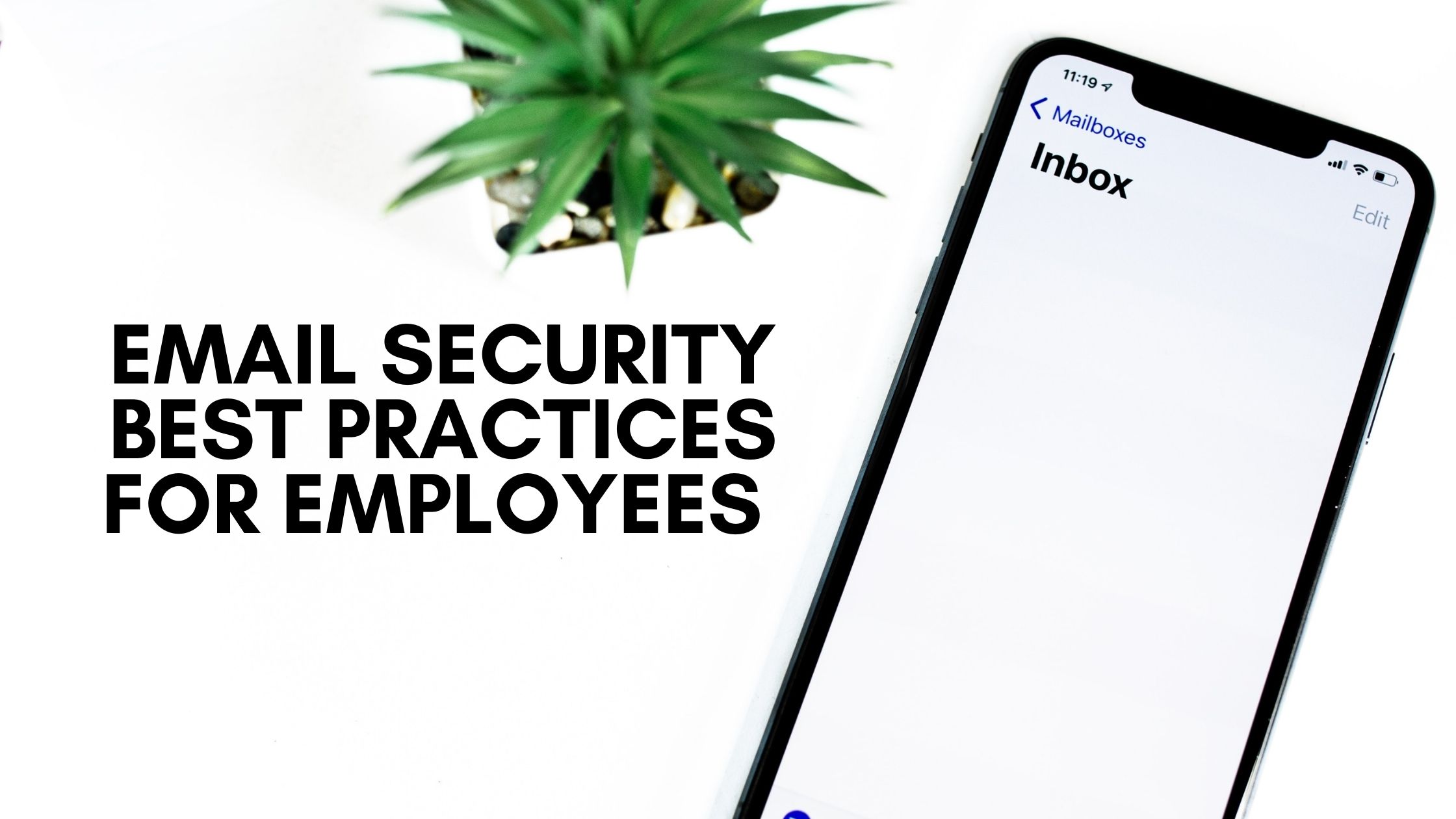We learn as kids not to talk to strangers, but as adults, we sometimes forget this lesson when we engage with emails. That’s why it is so crucial to put email security best practices in place in order to protect your data, your customers and your company as a whole.
Every day, we see reports of organizations falling victim to malicious spam email attacks and phishing attacks. There were a whopping 1,500 data breaches in 2019 alone. So how can your organization avoid becoming prey to a data breach due to malspam and phishing?
Email security best practices
Unfortunately, there is no one-size-fits-all approach to protecting your company from email attacks and data breaches, which is why you need a multi-layered approach to cybersecurity. We recommend implementing the following email security best practices:
- Create a comprehensive cybersecurity plan. Developing a comprehensive cybersecurity plan can help your organization fight many online cybersecurity threats. We recommend creating a cybersecurity strategy with recommendations, requirements, guidelines and policies for your employees’ use and implementation of technology, including email security best practices.
- Hold regular employee cyber awareness training. Cybersecurity awareness training is super important for each and every employee at every level of a business and organization, whether you are a small business or a Fortune 500 company. Holding regular employee cyber awareness training can assist your employees with properly identifying and handling phishing and spam emails. That being said, training needs to take place regularly to keep up with evolving email scam tactics and techniques.
- Create email lists. If you aren’t already, we recommend creating and maintaining an email banned list, or a list of banned email addresses, to prevent cyber threats and spammers from making it into your employees’ inboxes. Lists of email addresses that are allowed through your filters and server are also important email security best practices.
- Use strong passwords. You should also require your employees to use strong passwords for their work email accounts and other applications. We recommend creating passwords that avoid words that can be found in the dictionary, include a combo of numbers, symbols and letters and do not include the names of pets, family members or info that can easily be found on social media.
If you are interested in learning more about email security best practices and investing in antivirus measures and other cybersecurity software, then reach out to Havoc Shield!


